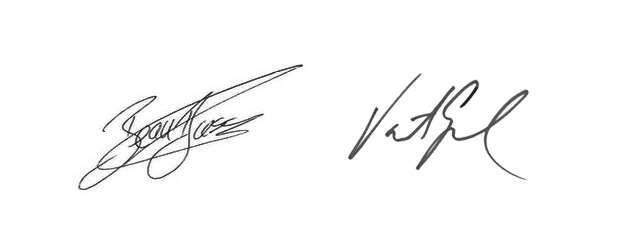On Saturday, 21 March 2020, Melbourne City hosted Sydney FC in the W-League Grand Final at AAMI Park. City would walk away Championship winners, but did so in virtual silence; behind closed doors as the COVID-19 pandemic swept across the globe and into our own backyard.
Fast forward just over a year, and Sydney FC are back in the W-League Grand Final, this time hosting Melbourne Victory at Nestrata Jubilee Stadium.
This W-League season has been one of the most unique in the competition’s history, but the resolve of the players, the coaching and support staff, club personnel and League administrators has been nothing short of phenomenal. That resilience, determination and commitment has helped deliver one of the most entertaining campaigns to date.
It has been a season of constant schedule changes, numerous COVID tests, logistical challenges and sacrifice from all involved; none more so than those donning the Perth Glory purple.
While there has been a tremendous amount of uncertainty off the pitch, the players have been remarkable on it. The emergence of youth has been a delight to watch. The quality of football on display has been impressive; big goals, big saves and edge of your seat contests.
However, while there has been so much to enjoy about this season, there have been unsavoury aspects that have marred the competition. At times, there has been a lack of respect shown to the women’s game, with the continued use of an unsuitable synthetic pitch, unacceptable venues, glass bottles and abuse hurled at players and sub-par broadcasting of matches.
Yes, the extraordinary circumstances have presented challenges for all involved. But that is no excuse.
The players have never been more unified or determined to improve their competition.
The players know the W-League’s potential, while also being realistic and alert to the amount of work that remains to ensure the League becomes one of the leading women’s competitions in world football.
First and foremost, the competition design needs to evolve. Players need to be competing in a balanced competition, constituting a full home and away season. Commitment needs to be shown to improve the number of matches within the season calendar if the W-League is to keep pace with our overseas equivalents and legitimise the professionalism of the League and the careers of the players.
Workplace standards and players’ minimum remuneration need to continue to improve and can’t be compromised as the competition design evolves. They are not mutually exclusive.
Most importantly, the Leagues and clubs need to invest and be intentional about respecting, showcasing, and growing both the A-League and the W-League, as both properties are stronger together.
Our players have again demonstrated that even in the most challenging of times, the competition cannot just survive but prosper. As the sport recovers from a global pandemic, it must not compromise on the opportunity of women’s football.
With a women’s World Cup on the horizon, there is no better – or rather, no other – opportunity to ensure we re-establish the W-League as the premier sporting competition for our female footballers.
For now, we look forward to one of the more unusual seasons concluding with two magnificent teams going head-to-head in the decider on Sunday.
We wish Sydney FC and Melbourne Victory all the best in the 2021 W-League Grand Final, in what is sure will be a fitting end to the 2021 W-League season and congratulate the players who have contributed to a truly remarkable season.

Beau Busch and Kathryn Gill







